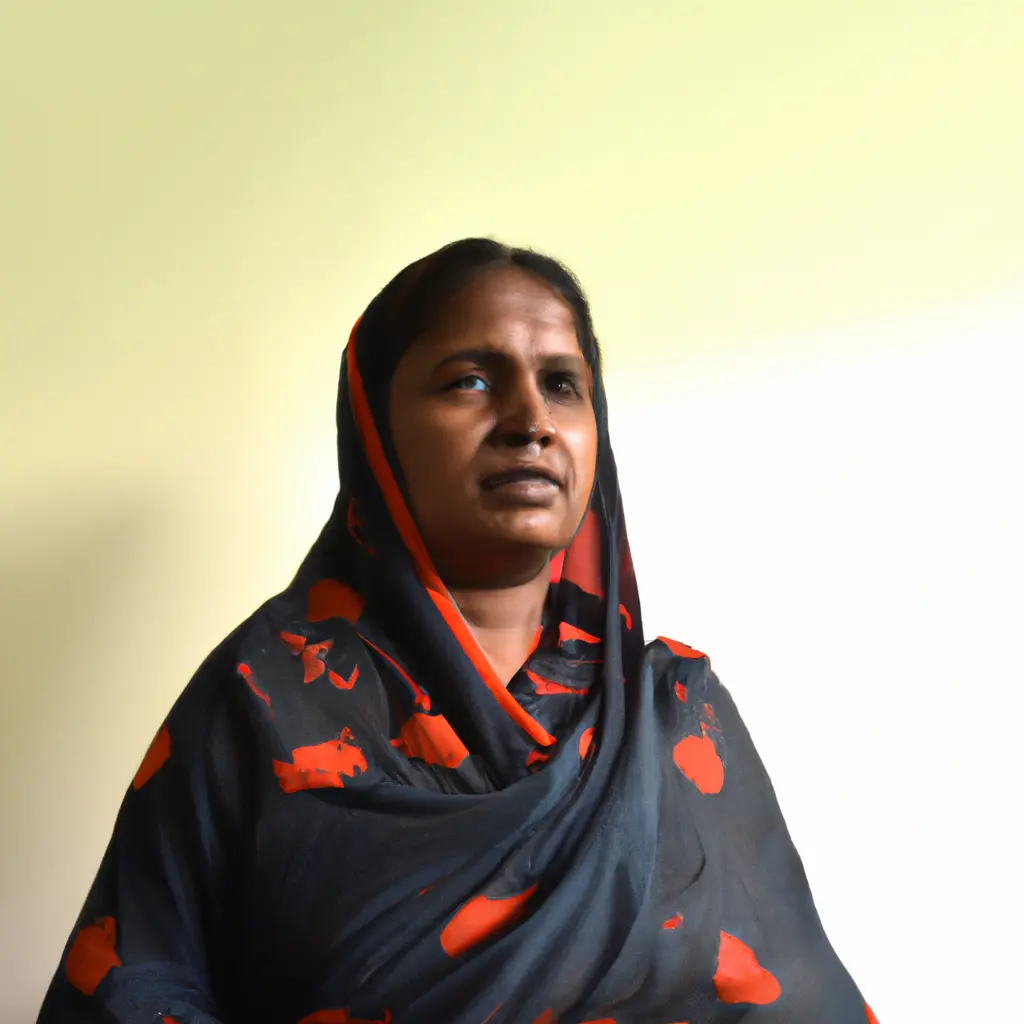Solidarity Center - Bangladesh tea workers: "A lot of sweat in their labor

The tea plantation workers in Sreemangal, Bangladesh, say their work has become much harder due to increased heat and heavy rains that threaten their health and sometimes make it impossible for them to fulfill their daily plan, worsening their already low earnings.
About 13 million people in 48 countries work on tea plantations around the world, mostly women, who earn low wages and have little or no health and safety protection. Tea plantation workers are often forced to depend entirely on their employers for food, shelter and education, making them even more vulnerable.
Workers in the Bangladesh Cha Sramik Union, a Solidarity Center partner, have pushed for improved working conditions that are not offered on non-unionized plantations, and employers are required to provide daily one-hour lunch breaks and a medical facility. Union leaders such as Srimati Bauri, tea plantation field warden and union leader, say more action is needed - corporations in the global tea supply chain must do all they can to ensure decent work. "Tea workers give a lot of effort for their work.
At 10 a.m., Bangladeshi tea workers begin their trek through the tea fields, where they have to walk long distances to pick tea leaves.
Each worker is tasked with picking up to 25 kilograms (55 pounds) of leaves and will receive 170 taka ($1.55) per day if they meet their quota.
Shefali Rani, 35, has been working on a tea plantation for 20 years. She has five children, all of whom attended elementary school on the plantation, where no further education is offered.
Families often spend their entire lives living and working on tea plantations, including Bashonti Devi, 40, who picks tea leaves with her husband to support her three daughters and son.
Workers like Shefali Rani and Mithila Nayek have no shade on tea plantations as the plants require direct sun and high humidity.
"It is often difficult to fulfill the daily quota during the heat wave and so they cannot earn the daily wage of 170 taka ($1.55)," said Srimati Bauri, a field warden and union leader. "If an employee can't fulfill his or her daily goal, it will be difficult to survive.
Bangladeshi tea worker hydrates in the heat. The difficulties of climate change are adding to the already harsh working conditions of tea workers.
"The heat has become even more intense than before," says Sumon Kumar Tant, a field warden and union member. "It's like they have to carry twice the burden - one is the burden of the tea leaves on their back and the other is the weight of the heat. "
Ram Dashi has been collecting tea leaves for 50 years and now works in a nursery. Her daughter is also a tea worker.
The tea workers carry heavy bags of leaves all day picking tea plants and return to the weigh station at the end of the day with up to 55 pounds of leaves.
Comment
Popular Posts

Subscribe to the newsletter from Hatamatata.com!
Subscribe to the newsletter from Hatamatata.com!
I agree to the processing of personal data and confidentiality rules of Hatamatata